Just how stable are AI Overviews? If you manage to get your brand mentioned or cited in them, can you take the rest of the month off? Or do you have to fight for ongoing visibility?
To find the answers, our data scientist, Xibeijia Guan, analyzed over 43,000 keywords—each with at least 16 recorded AI Overviews—over the course of a month.
She extracted this data from Brand Radar, our new AI visibility tool that tracks hundreds of millions of prompts and queries across seven different AI assistants.
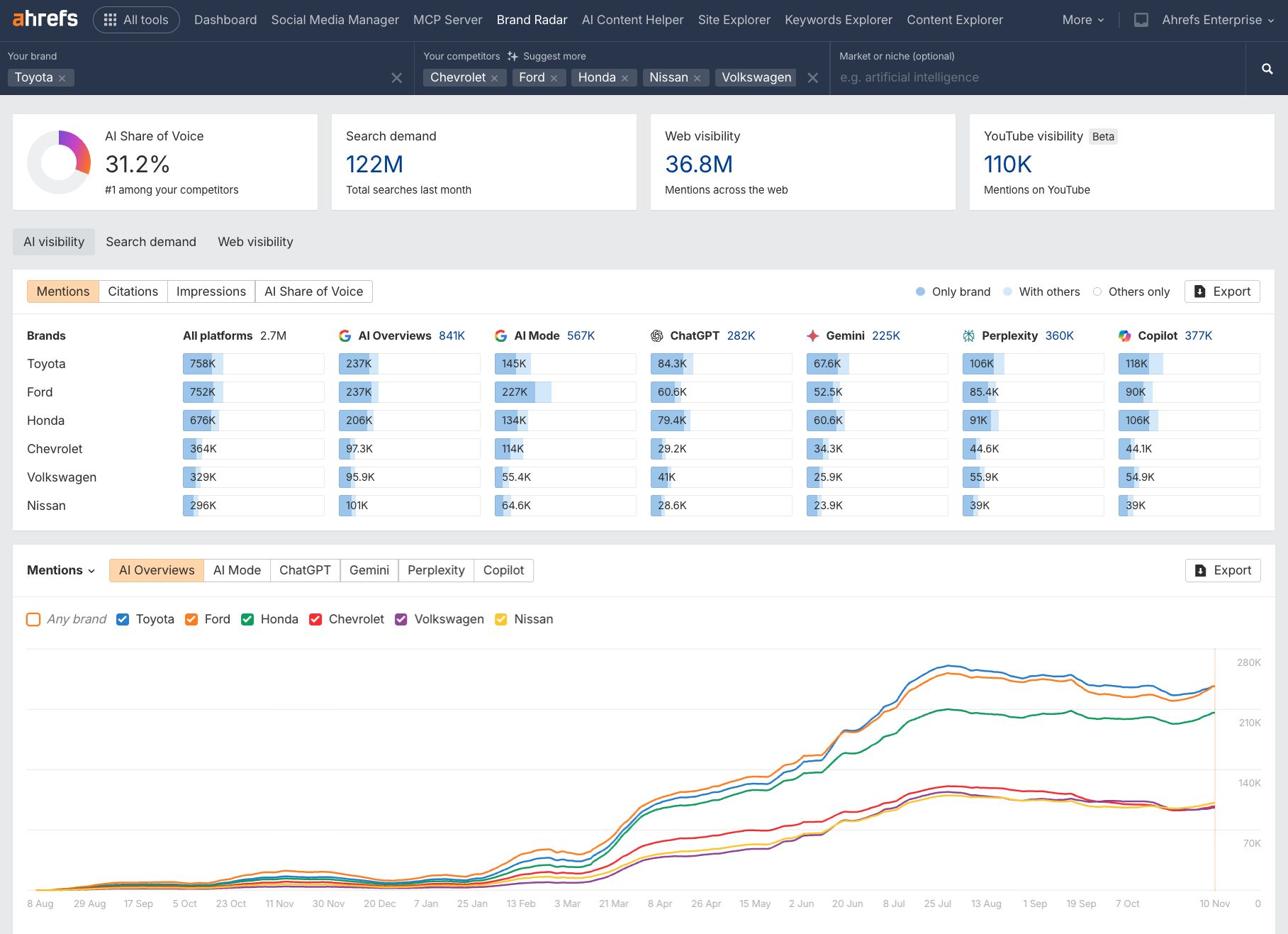
The results reveal a surprising paradox in how Google’s AI operates—a constant state of change on the surface, but a deep, underlying stability.
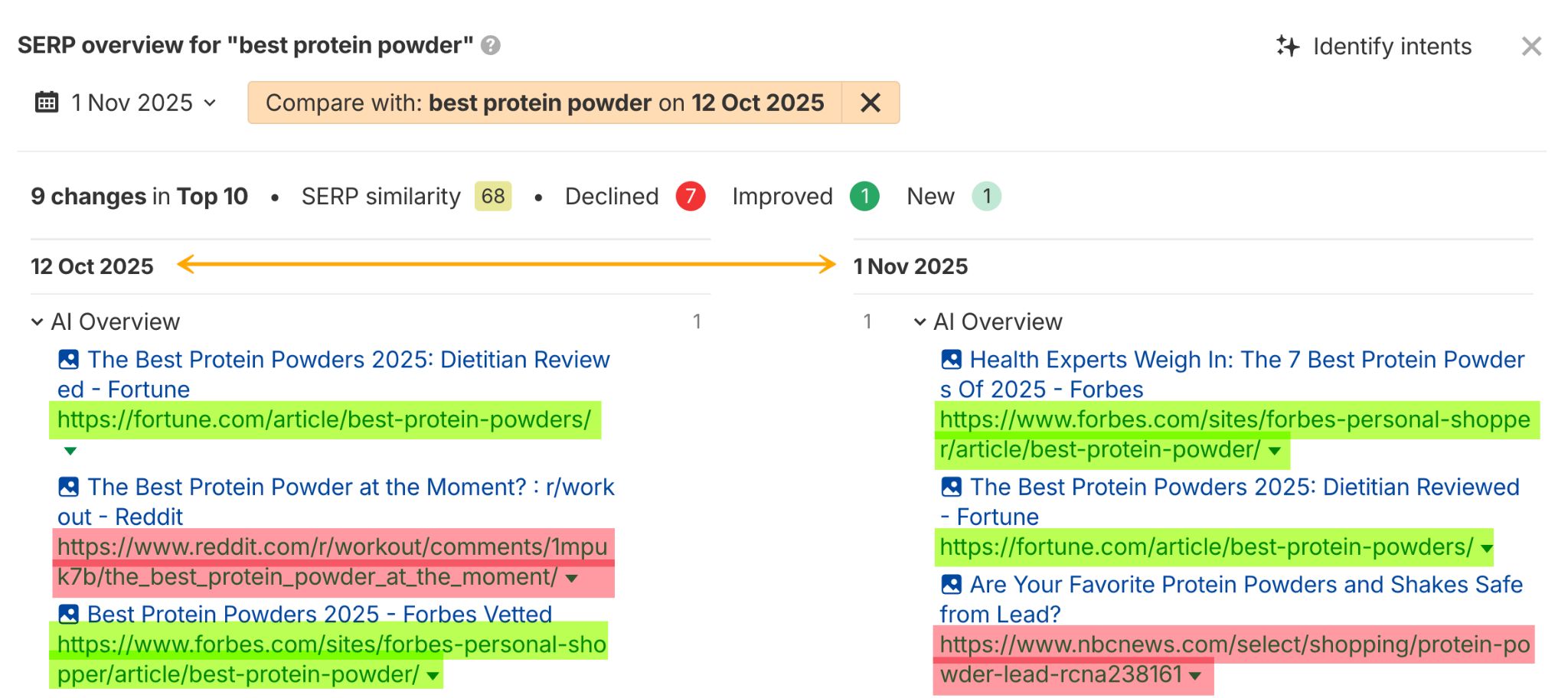
Forbes and Fortune showed up consistently between October and November, but the third URL changed.
Initially, a Reddit comment about protein powders took second place, but a month later it was replaced by Fortune’s “best” list, and a new article from NBC on “protein shake safety” entered the third spot.
Here’s one more example for the query “renter’s insurance”—each AI Overview was captured just a week apart.
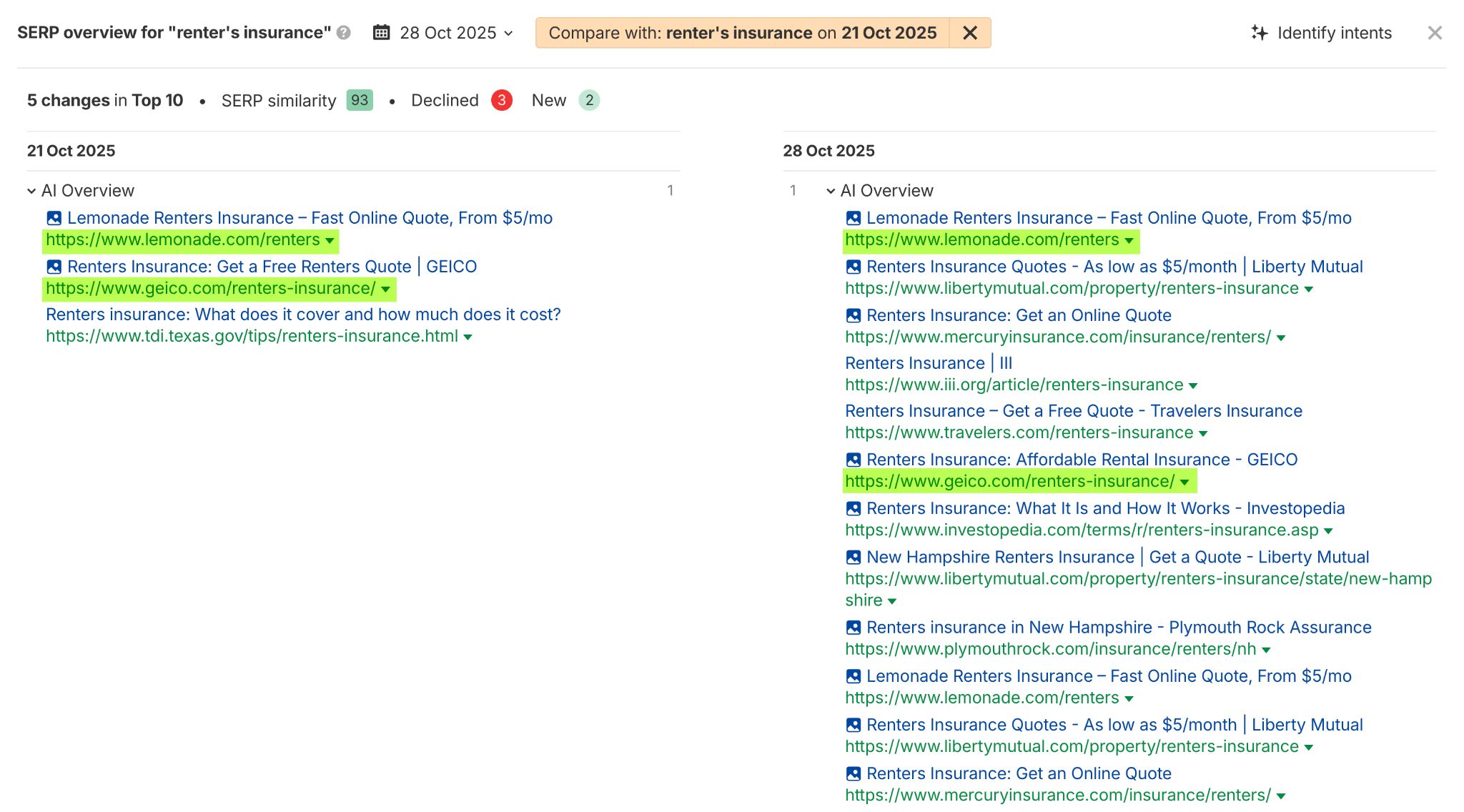
The first AI Overview returned three citations, but only two of those carried over to the second capture, where a further ten citations joined the list.
It’s clear that AI Overview visibility doesn’t follow the same consistency patterns as traditional search rankings.
Your brand can be cited today, and gone tomorrow.
Further reading

In fact, his hypothesis sparked this whole study…

But the findings disprove this.
Firstly, we’d expect to see far more stability across AI Overview content if some were being cached.
But, as we already know, consecutive AI Overviews showed different content 7 out of 10 times.
Secondly, Xibeijia measured the actual relationship between a keyword’s search volume and its AI Overview change rate, and found a Spearman correlation of -0.014.
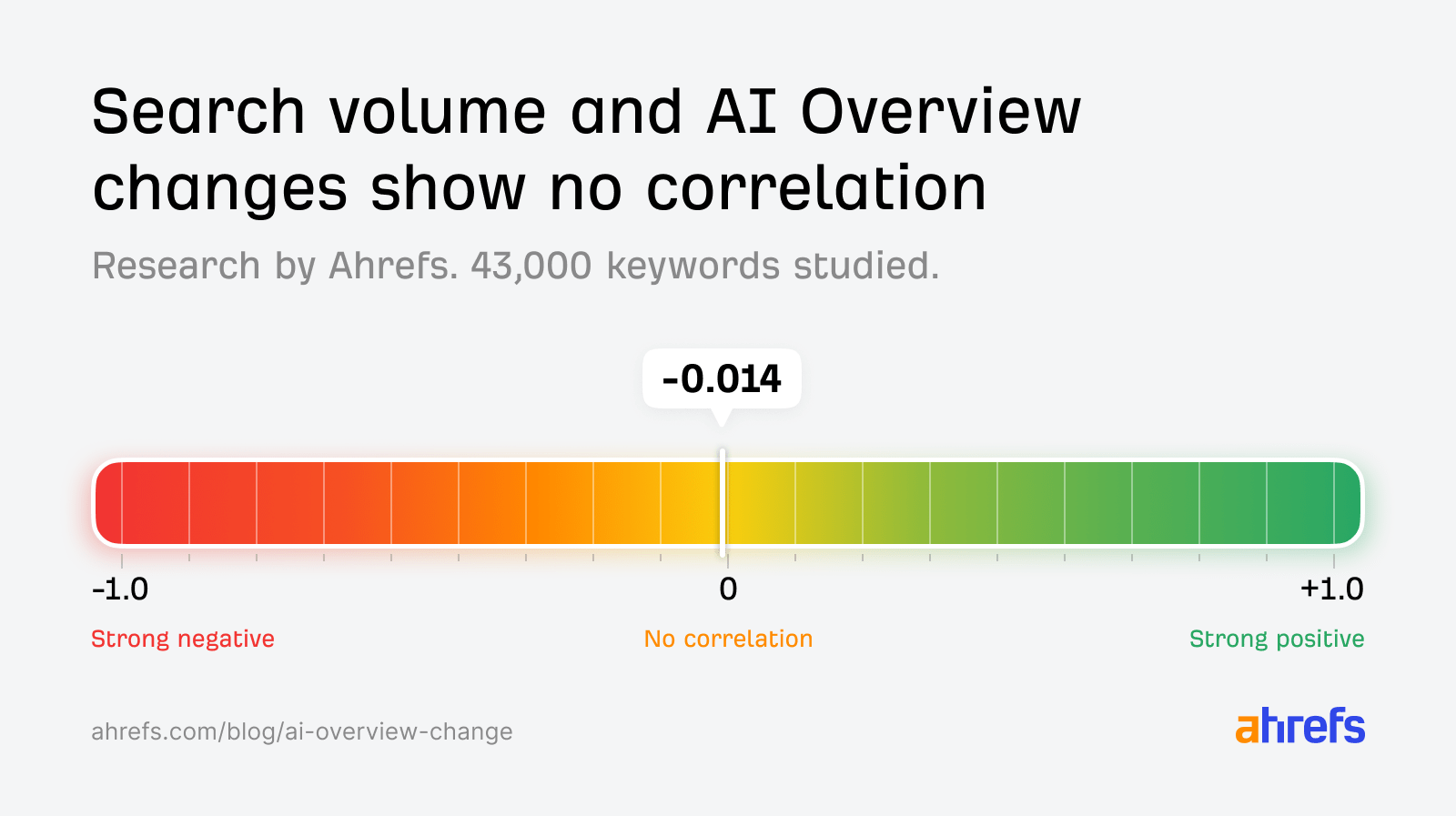
A correlation this close to zero indicates there is likely no relationship between the two variables—hugely popular search queries are just as likely to have their AI Overview text change as very niche ones.
So, it’s unlikely Google caches popular AI Overviews—at least based on our data.
Wrapping up
AI Overviews are both dynamic and stable at the same time.
The surface details, like the exact wording, URLs cited, and entities mentioned all switch constantly—but the underlying meaning and the core topics stay the same.
This changes how we can think about AI-generated search results.
They’re not static like traditional search results, but they’re not random either.
While you should expect your brand mentions and citations in AI Overviews to be volatile, there’s still a way to show up consistently.
Rather than focusing on individual prompts or queries, you need to become an authority on the themes associated with your core topics.
You can understand which themes AI ties to your brand using Ahrefs Brand Radar.
Just drop in your brand, and head to the “Topics” report. This will show you which themes individual AI responses ladder up to.
For example, Ahrefs is most closely linked to the topics of “SEO tools” and “SEO software” in AI Overview responses.
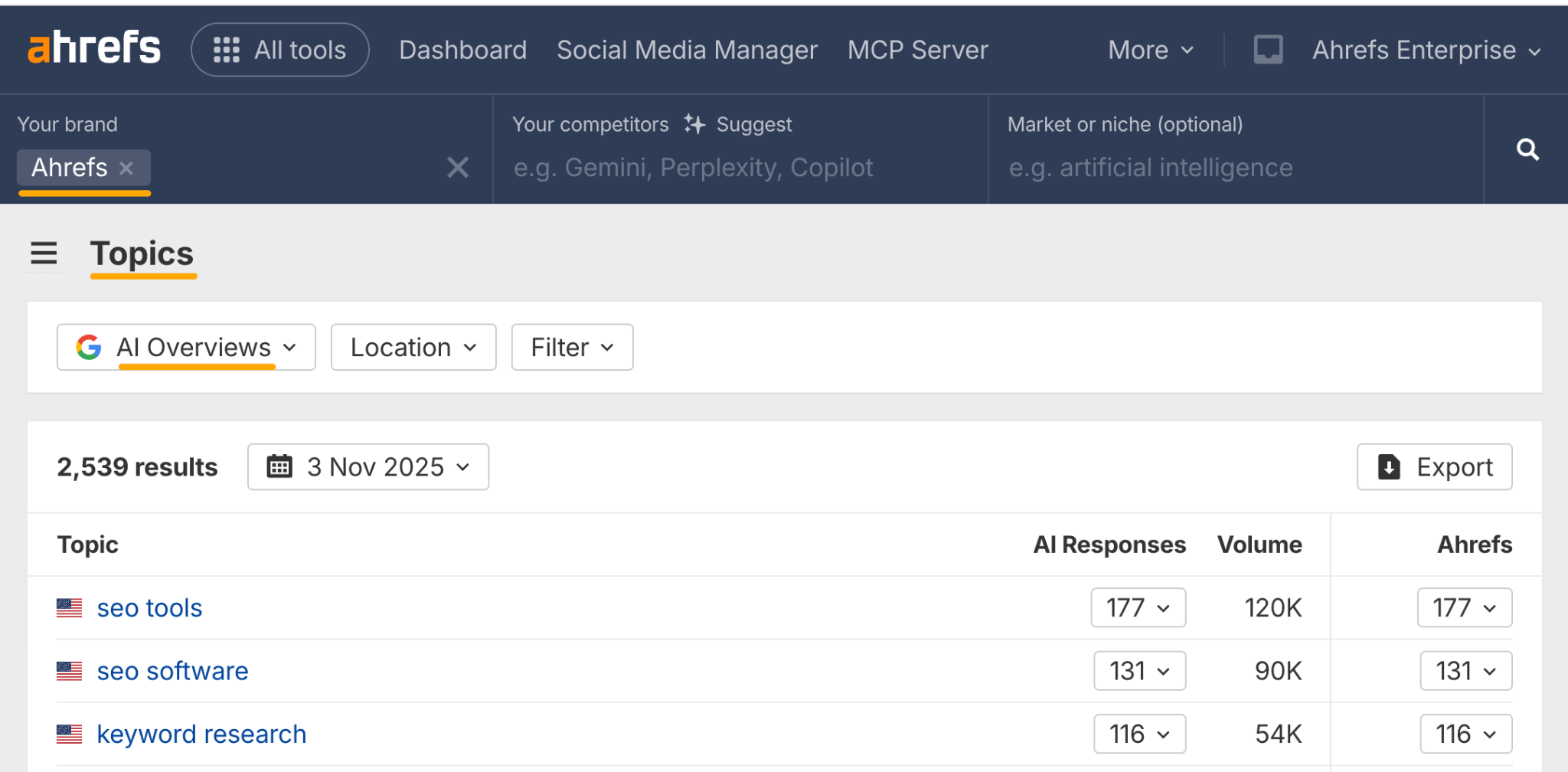
Tracking AI visibility over a volume of answers will also help you see past the variance of AI responses.
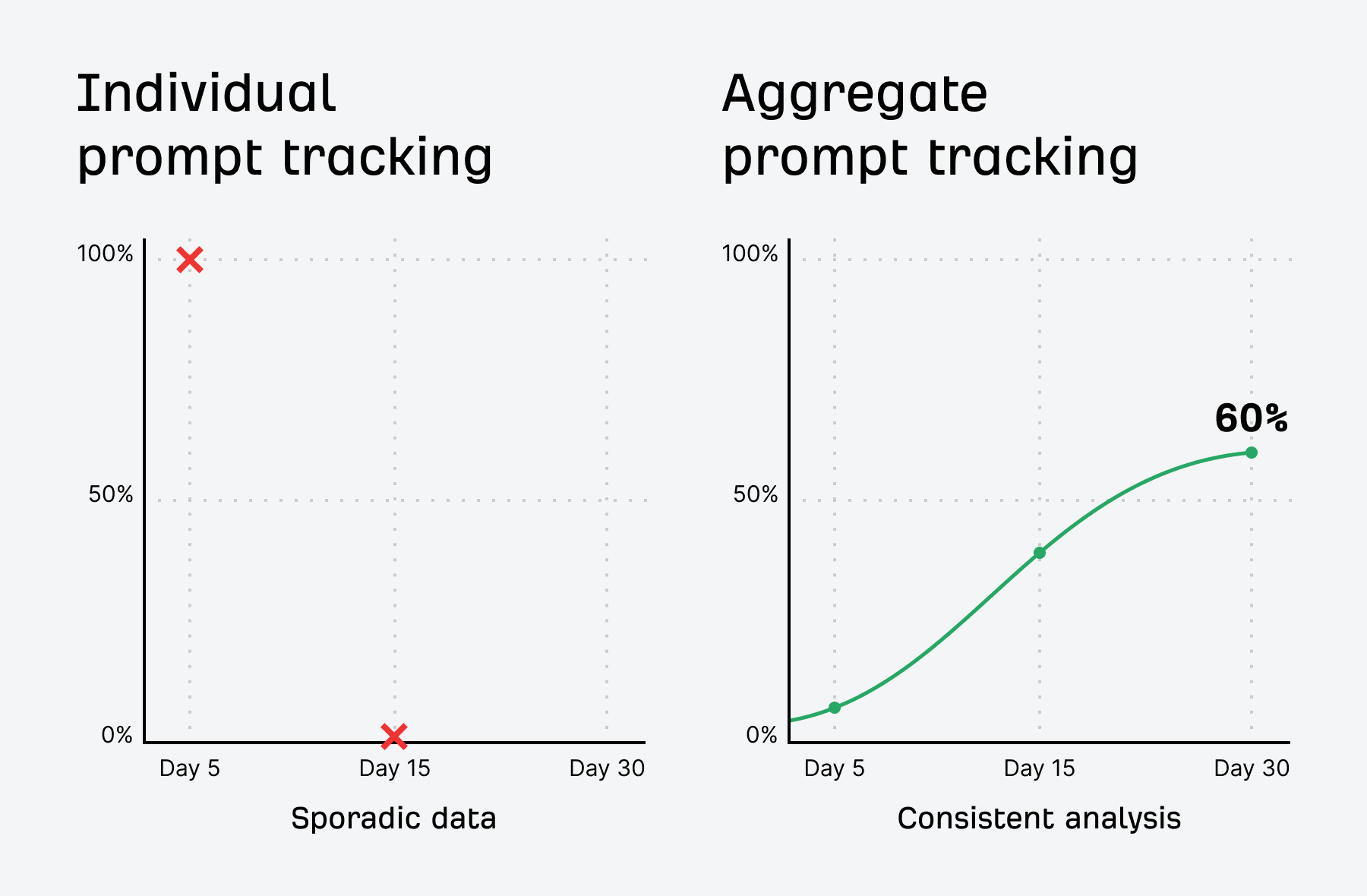
By focusing on aggregated visibility and AI Share of Voice, you can:
- See if AI consistently ties you to a category—not just if you appeared once.
- Track trends over time—not just snapshots.
- Learn how your brand is positioned against competitors—not just mentioned.
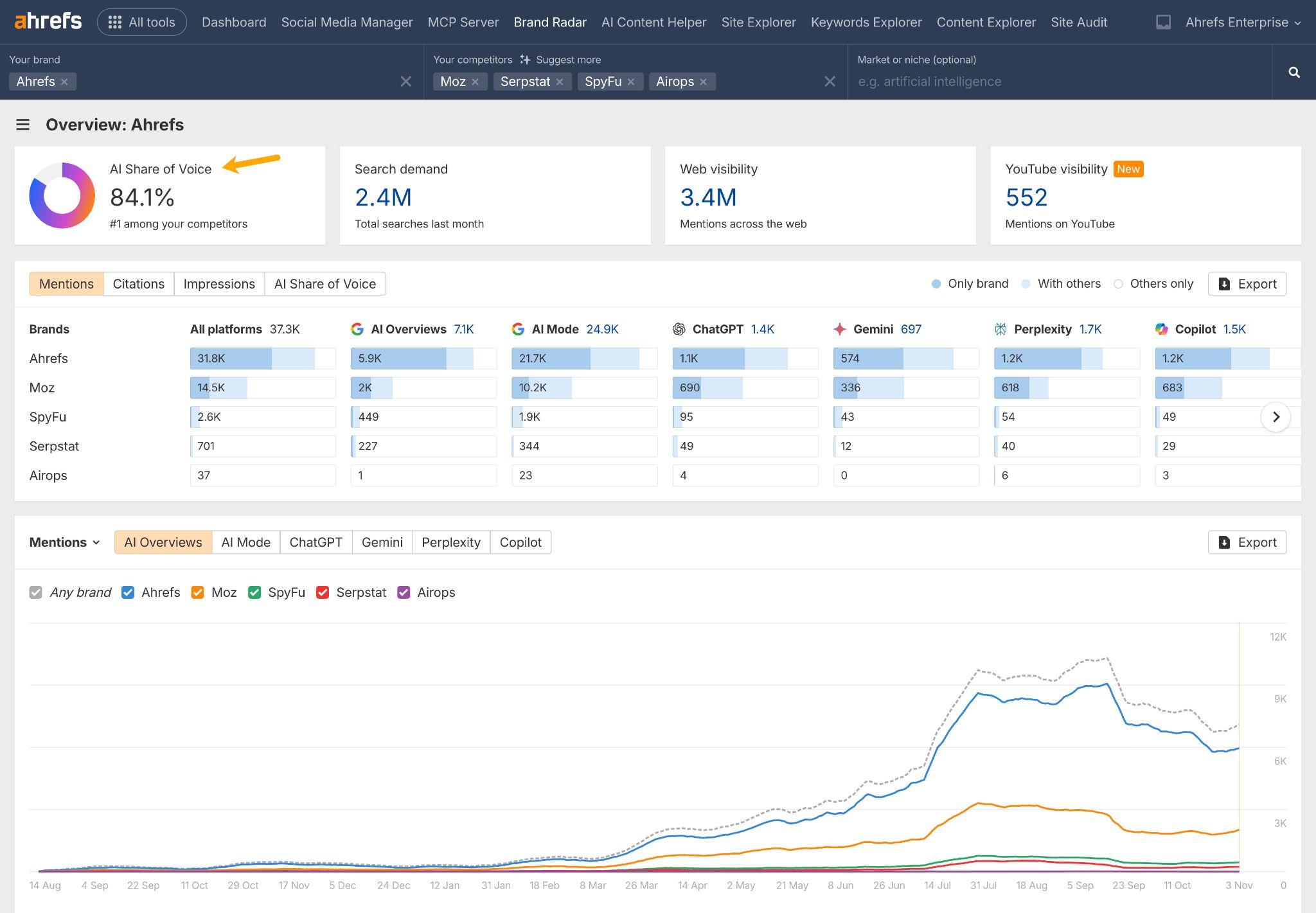
Winning the topic, not the query, is the best way to stay visible—even when AI answers are changing daily.
Similar Posts
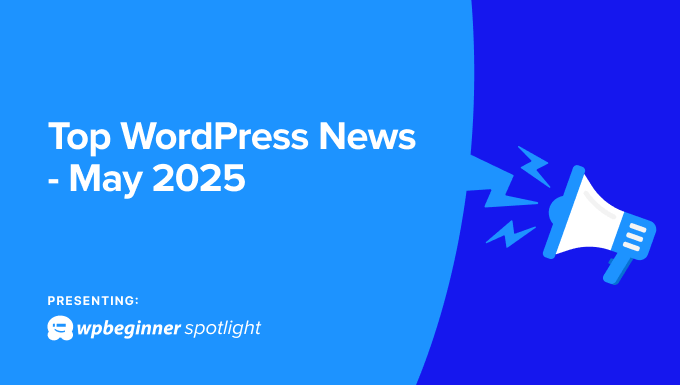
WPBeginner Spotlight 12: New Tools for SEO, Privacy, and WooCommerce Performance
May has been a month of big changes in the WordPress ecosystem. From enhanced SEO features…
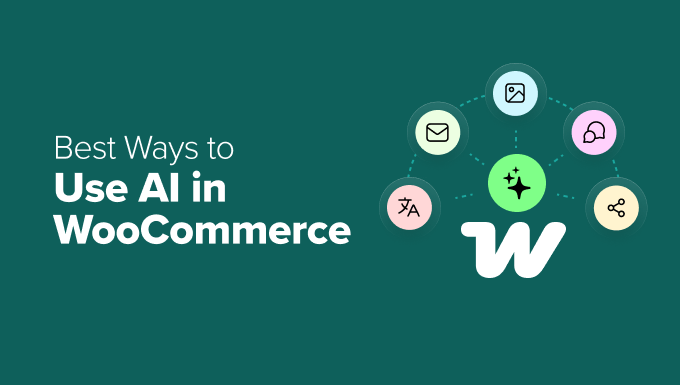
5 Ways to Use AI in WooCommerce (Save Time & Make Money)
Managing a WooCommerce store can feel like a lot of busy work. I’ve worked with store…
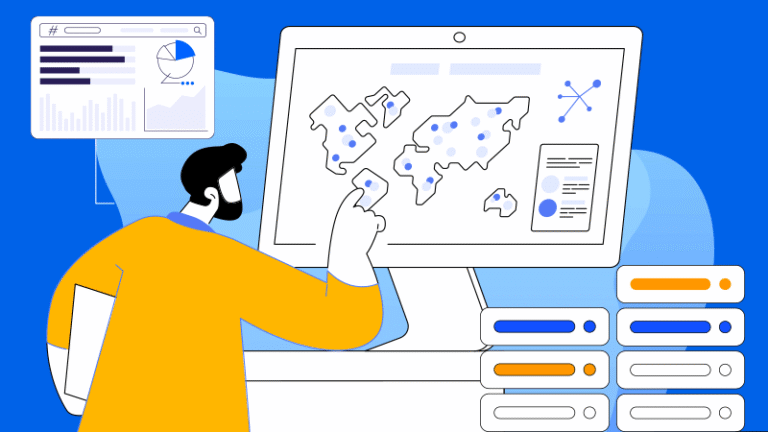
Why Data Localization Matters for International Brands in Asia
As Asia’s digital economy accelerates, international brands expanding into this region face a critical question: Where…

RSS Feeds List – 150 RSS Feeds by Category
[embedded content] RSS (Really Simple Syndication) is an easy way to stay updated with your favorite…
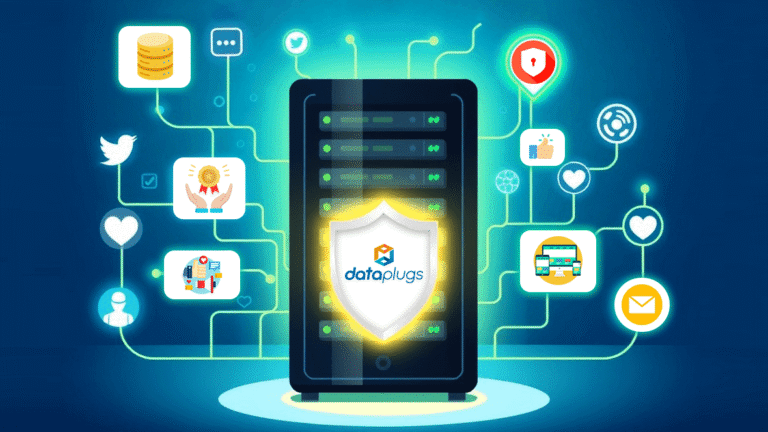
The Impact of Web Hosting on Your Brand’s Online Reputation
In today’s hyper-connected world, a company’s online reputation can be built—or broken—in seconds. As digital transformation…
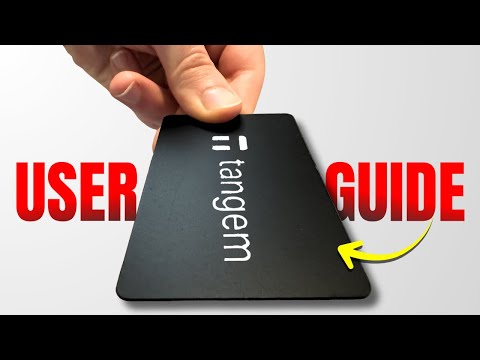
Tangem Wallet Tutorial (2026): Full Setup & Transferring Crypto
Buy Tangem Wallet (for 10% OFF):https://cyberscrilla.short.gy/tangem10 TIMESTAMPS:0:00 – Tangem Wallet Setup0:24 – Tangem Wallet Discount7:32 –…